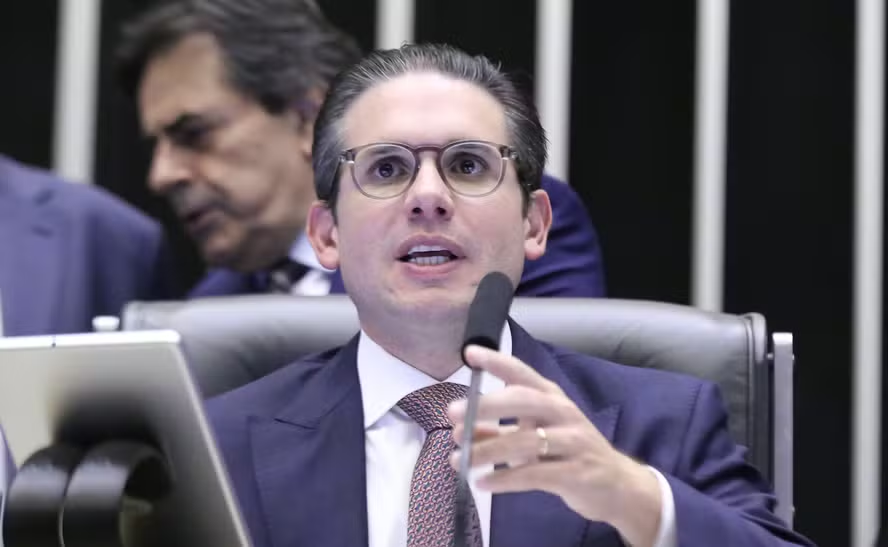The political scientist and professor Paulo Niccoli Ramirez stated in an interview with Conexão BdF, on Rádio Brasil de Fato, that the overturning of the proposed increase in the Tax on Financial Operations (IOF in Portuguese) by the National Congress represents one of the greatest defeats for President Lula’s (PT – Workers’ Party) government during this term. The measure, rejected in a near-empty chamber, aimed to reduce the fiscal deficit and preserve investments in social areas.
“It was one of the worst defeats of Lula’s government. This same Congress opposed increasing taxes on the wealthy or on Pix transactions above R$ 5,000 (around US$910). On the other hand, it always places the burden of public spending on the poor,” criticized the professor.
According to Ramirez, the resistance to any taxation of the wealthy reveals a logic of action centered on defending the interests of economic elites. “This is a kind of politics based on selfishness, of self-interest, of the elites, which unfortunately only makes the State more expensive. These are the exact same politicians who criticize government spending. That’s why neoliberalism is a deceitful speech: it’s a minimal State for the people, but a maximal State for the elites,” he said.
The professor also criticized the incoherence of parliamentarians who attack public spending but do not question subsidies to agribusiness or the payment of public debt with high interest rates. “It never crosses their minds, for example, to cut the Safra Plan, which subsidizes agricultural production, or to change the way public debt securities are paid with high interest. The Central Bank is autonomous, but heavily pressured by the market,” he observed.
Electoral Project
According to Ramirez, the actions of the Legislative, combined with the far-right offensive on social media and parts of the press, aim to undermine president Luiz Inácio Lula da Silva’s (PT – Workers’ Party) image in the lead-up to the 2026 presidential elections. “These centrist groups are taking advantage of that to further damage the government’s image so that a representative of their interest can eventually come to power,” he stated.
However, the professor suggests that this strategy “could backfire,” as Lula is beginning to get involved more actively in what may become his future political campaign. “He’s already giving more interviews, delivering important and strategic speeches, especially in opposition to positions taken by the centrão (the centrist wing in the Congress). The best spokesperson for the government is Lula himself, and he’s already realized that. He has strong abilities of persuasion,” he analyzed.
In the political scientist’s view, the way to reverse this scenario would be through the election of representatives who are genuinely committed to a fairer tax policy. “The only way to change this is through elections that bring to power leftist, progressive politicians who can truly reform the country’s tax regulations,” he concluded.




